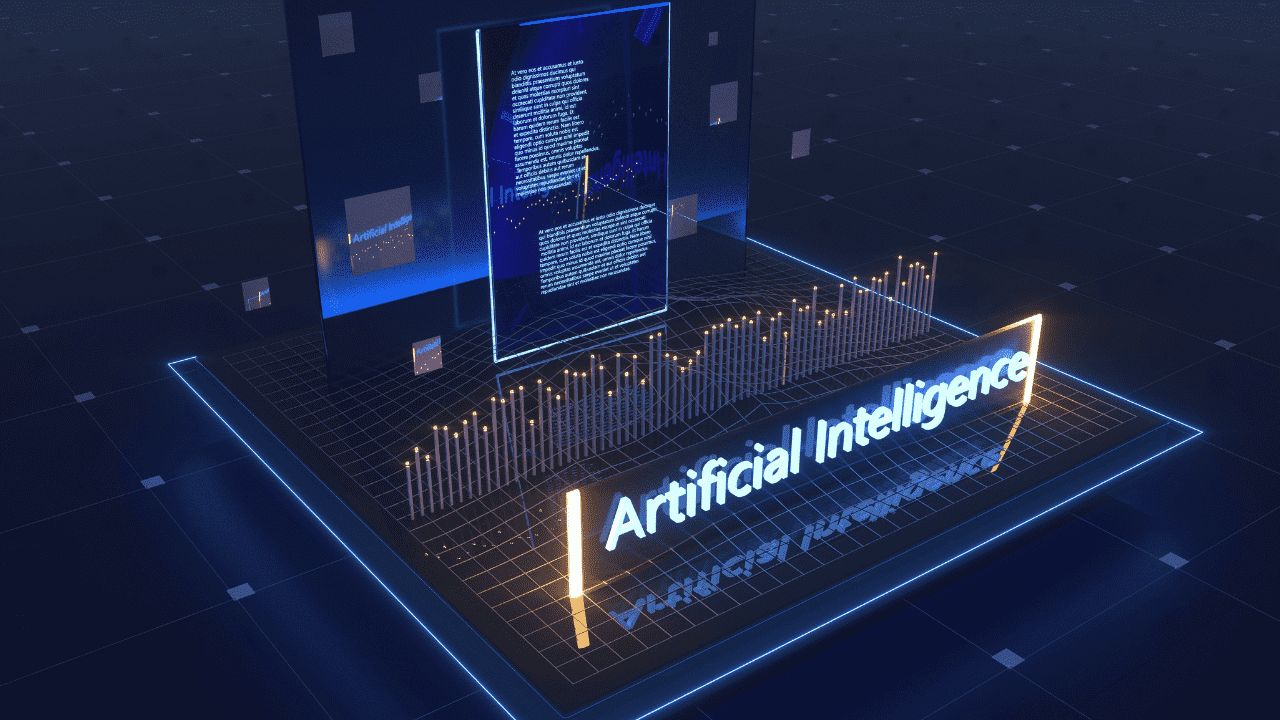


Jacek Cygan
5 min read
Tuesday, May 7, 2024

Artificial intelligence (AI) has undoubtedly transformed various industries, but when it comes to something as seemingly simple as spelling, it often stumbles. Even though AI boasts advanced capabilities, it frequently falters with basic spelling errors, leaving many scratching their heads. Let's delve deeper into the reasons behind AI's spelling challenges and explore how developers are striving to enhance its accuracy.
Deciphering the Complexity of Language
Spelling might appear elementary for humans, but for AI, it's a multifaceted endeavor. Language is a rich tapestry of nuances, exceptions, and idiosyncrasies. AI algorithms grapple with this intricate web, relying on data and algorithms to anticipate and rectify spelling blunders. Nevertheless, comprehending the intricacies of language poses a formidable challenge for even the most sophisticated AI systems, resulting in occasional slip-ups.
Wrestling with Data Limitations and Bias
AI learns from data, and the quality and quantity of that data profoundly impact its performance. Many AI models train on vast datasets of text, encompassing everything from literary works to internet chatter. However, these datasets aren't infallible; they may contain errors or biases that inadvertently influence AI's spelling suggestions. Moreover, certain words or phrases may dominate the training data, causing AI to prioritize them over less common but correct spellings.
Certain words or phrases may dominate the training data, causing AI to prioritize them over less common but correct spellings.
May 9, 2024 AI Failures: Why AI Projects Crash and Burn? 
Context is King
Spelling errors often occur within a specific context, and grasping that context is pivotal for accurate correction. While humans effortlessly rely on context clues to deduce the correct spelling of a word, AI may struggle, particularly when confronted with ambiguous or unfamiliar phrases. Enhancing AI's contextual comprehension is paramount for refining its spelling accuracy and minimizing errors.
The Quest for Continuous Improvement
Despite its shortcomings, AI is in a perpetual state of evolution, thanks to ongoing research and development endeavors. Developers tirelessly refine AI models, fortify their language processing capabilities, and fine-tune their spelling correction algorithms. By incorporating user feedback and harnessing advanced techniques such as natural language processing (NLP) and machine learning, developers are steadfastly addressing AI's spelling limitations and bolstering its overall performance.
Embracing the Human Element
While AI is indispensable in many domains, human intervention remains indispensable, particularly in tasks requiring nuance and judgment. In the realm of spelling, humans offer invaluable oversight and guidance, adept at identifying and rectifying errors that AI may overlook. By synergizing AI's strengths with human expertise, we can achieve more precise and dependable outcomes.
AI's struggles with spelling underscore the intricate nature of language processing and the relentless pursuit of improvement. While AI may stumble over spelling errors, it continues to advance in its comprehension and interpretation of language. By tackling data limitations, refining contextual understanding, and embracing continuous improvement efforts, developers are elevating AI's spelling accuracy and delivering more reliable results. As AI continues its evolution, we can anticipate enhanced spelling capabilities, paving the way for seamless interactions in the digital realm.